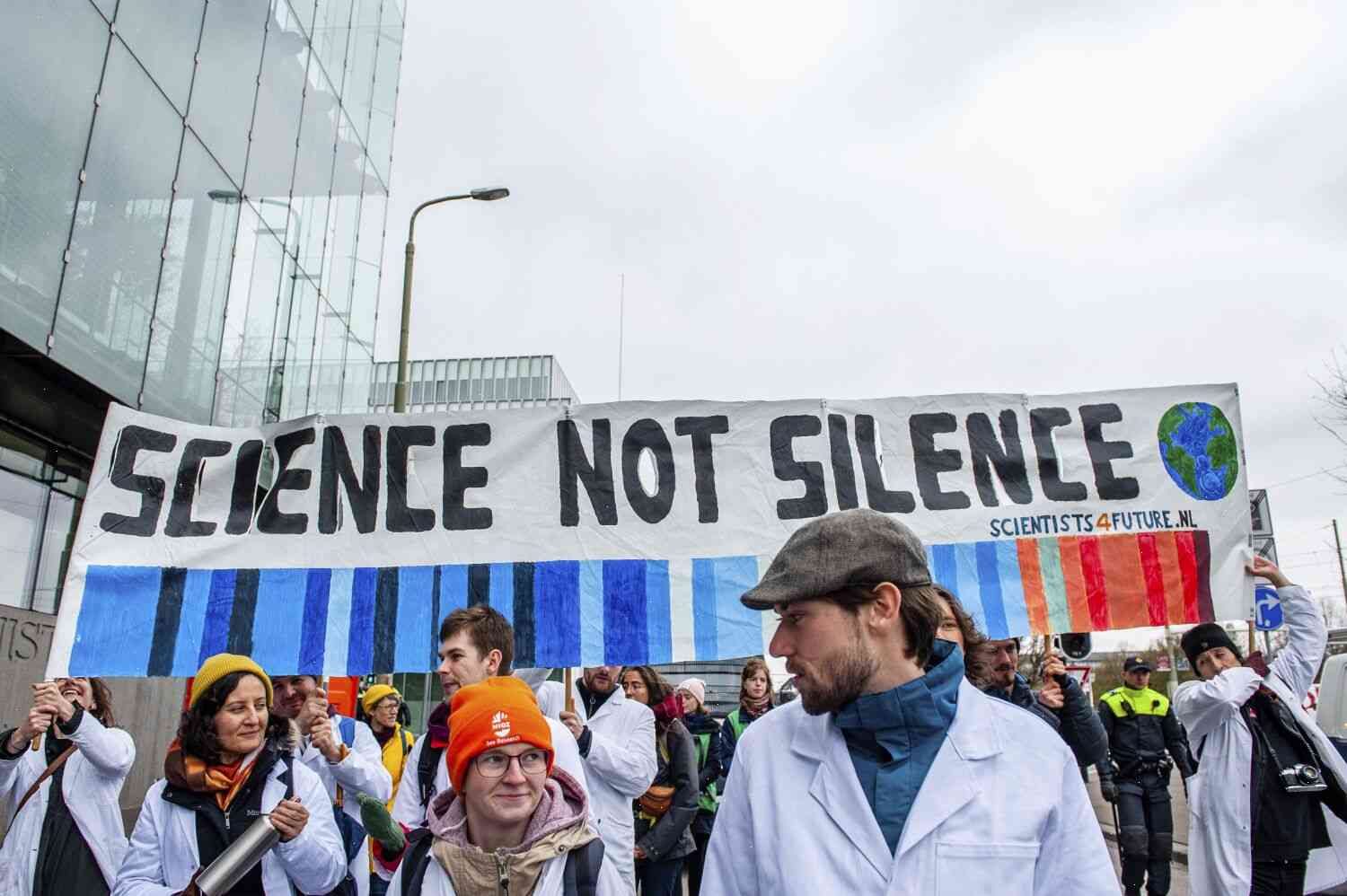Nicholas Goldberg: Can scientists moonlight as activists — or does that violate an important ethical code?
In a recent edition of the journal Cell, scientists and medical scientists from the University of California claimed that their work was inspired by activism. Some of these scientists — particularly those from the Berkeley Brain Imaging Center — also made the claim that their activism would help their research.
This particular claim is curious, especially since it was immediately denounced by a leading neuroscientist working at the institution.
In a lengthy post for the Huffington Post, Dan Dizon explained that the Berkeley team was outed for trying to make the case that their research was “inspired by activism” in the same way as so many of our favorite musicians and athletes have been outed by their fans and critics for attempting to “play to their audience.”
“In my view,” Dizon wrote, “it is unethical to use social media posts and blog posts in a way that they were never intended to be used, and it is also unethical to claim that research being conducted in good faith can be transformed by the use of public platforms and the public’s right to know.”
Dizon explained that the claim was even more troubling because the scientists were also using the platform that they had built for themselves: the public library. The public library, Dizon wrote, “is where they claim to have found ‘proof’ of their own activism and research.”
The scientific community does not share Dizon’s sense of the ethical limits of this kind of activism. In fact, Dizon noted that the research was already underway when the scientists began to use their public platform to promote their work.
How a group of scientists is attempting to push their research forward while also making a claim that there are ethical limits to such efforts is an intriguing question. Dizon’s piece provides a clear answer — and is a clear example of why scientists and public institutions need to be careful about what claims they make and when.
The research being done at the University of California, Berkeley is indeed good science, and it is of high importance to society. But the claims being made about the work and the ethics of the way we engage with it are not only misguided, but are also likely to undermine efforts to actually improve the health of people around the

